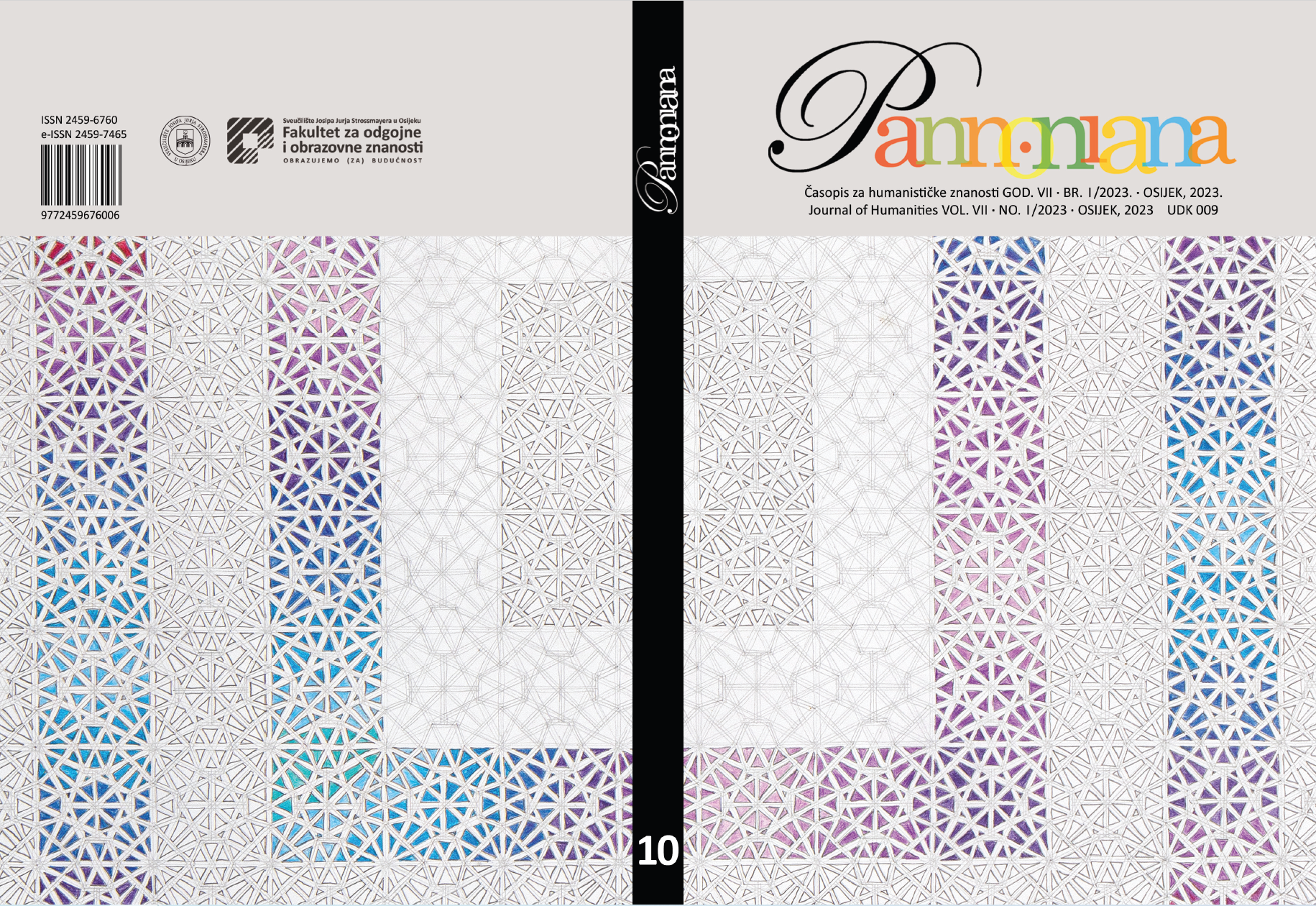Bioethics and Diplomacy
Original scientific article
DOI:
https://doi.org/10.32903/p.7.1.2Keywords:
contemporary world, declaration, human cloning, reproductively, therapeutically, aporiesAbstract
The Declaration on Human Cloning was adopted at the 82nd United Nations plenary meeting on 8 March 2005. This Declaration crowned the efforts taken by France and Germany since 2001 to adopt a convention against the so-called reproductive human cloning. The negotiation was initially conceived as a bioethical debate that should have led to a general agreement to ban human cloning. However, more often, it took the form of a discussion on human rights, cultural, civil and religious differences among people, their interaction and the question of who or what has priority in case of potential conflicts among heterogeneous value systems. Neither the Declaration nor the negotiations gave any answers to these difficult questions, but they did allow superficial insight into the problems. They showed that international legislation falls into apories when professional argumentation does not prevail in conflicting attitudes, i.e. when political and other differences are in the middle of the dialogue. If one reads the Declaration carefully, it has an unexpected result since, because of its generality and attempts to establish a compromise between difficult-to-combine interests and definitions, it neither defines cloning of people nor prohibits it directly and unconditionally, including cloning for reproductive purposes. Finally, maybe it would have been better if the debate on the cloning controversies and subsequent comprehensive regulations were first left to scientists, philosophers and corresponding expert bodies and panels, who would explain the basic mechanisms of the cloning process and, more importantly, the bioethical implications of the process itself,
Downloads
Published
Issue
Section
License
Copyright (c) 2023 Pannoniana

This work is licensed under a Creative Commons Attribution-NonCommercial-ShareAlike 4.0 International License.




